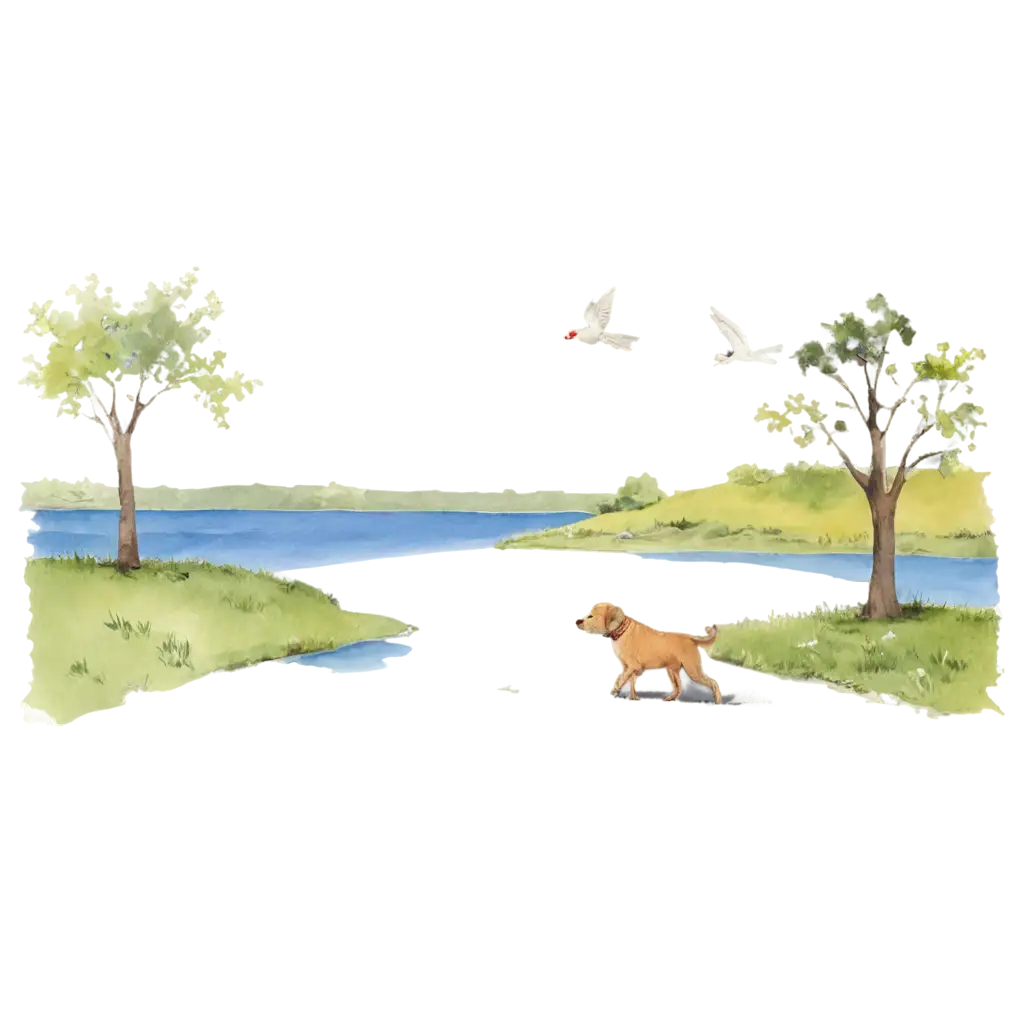7 Free Early Childhood transparent PNG images
Welcome to our Early Childhood image collection, featuring 7 free AI-generated images. Explore a diverse array of stock photos, 3D objects, vectors, and illustrations related to the formative years of a child's life. Enjoy high-resolution downloads and use our 'open in editor' feature to customize prompts for your perfect image, capturing the essence of early childhood development and experiences.







Early childhood, typically defined as the period from birth to age 8, is a crucial time for cognitive, social, emotional, and physical development. This stage is characterized by rapid brain development, with children forming over a million neural connections every second. Key milestones include language acquisition, development of motor skills, and the emergence of social and emotional awareness. During this period, children learn through play, exploration, and interaction with their environment, laying the foundation for future learning and success.
Understanding Early Childhood: Key Developmental Stages
Play is a fundamental aspect of early childhood development, serving as a natural learning process for children. Through play, children develop critical thinking skills, creativity, and social competencies. Different types of play, such as sensory play, imaginative play, and constructive play, contribute to various aspects of development. For instance, building blocks can enhance spatial awareness and problem-solving skills, while dress-up play fosters creativity and social understanding. Recognizing the significance of play, many early childhood education programs now incorporate play-based learning approaches to support holistic child development.
The Importance of Play in Early Childhood Development
Early childhood education encompasses various approaches and methodologies designed to support young children's learning and development. Popular approaches include Montessori, which emphasizes child-led learning and hands-on experiences, and Reggio Emilia, which views children as capable and resourceful learners. Best practices in early childhood education focus on creating nurturing environments, fostering positive relationships, and providing age-appropriate, engaging activities. Key elements include promoting language-rich environments, encouraging social-emotional learning, and supporting physical development through active play.
Early Childhood Education: Approaches and Best Practices
In today's digital age, technology plays an increasingly significant role in early childhood. While there are concerns about excessive screen time, when used appropriately, technology can enhance learning experiences. Educational apps, interactive e-books, and age-appropriate digital games can support various developmental areas, including literacy, numeracy, and problem-solving skills. However, experts emphasize the importance of balancing technology use with hands-on, real-world experiences and social interactions. As technology continues to evolve, its integration into early childhood settings remains a topic of ongoing research and discussion among educators and child development specialists.
The Role of Technology in Modern Early Childhood